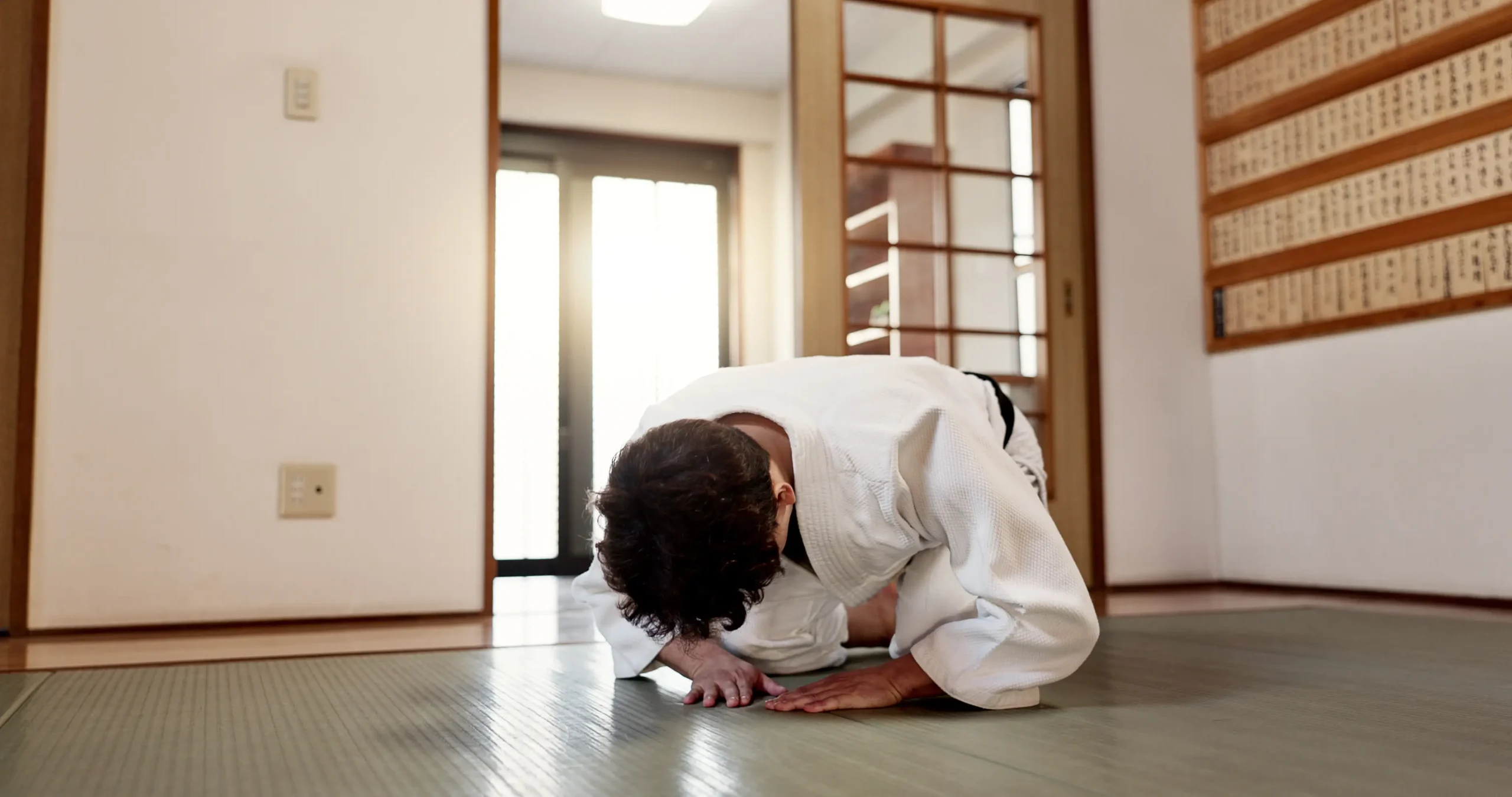
What Does “Arigatou Gozaimasu” Mean? A Guide to Saying Thank You in Japanese
Gratitude is an essential part of Japanese culture, and knowing how to say “thank you” properly can help you sound more polite and natural. One of the most common ways to express thanks in Japanese is “arigatou gozaimasu” (ありがとうございます), but when should you use it? And how does it differ from other ways of saying thank you?
In this guide, we’ll explain the meaning, pronunciation, usage, and cultural significance of “arigatou gozaimasu” to help you use it correctly in different situations.
1. What Does “Arigatou Gozaimasu” Mean?
ありがとう (Arigatou) = Thank You
The word ありがとう (arigatou) means “thank you” in Japanese. It’s a casual way to express gratitude.
ございます (Gozaimasu) = Formal Politeness Marker
Adding ございます (gozaimasu) makes the phrase more formal and respectful, making it suitable for professional or polite situations.
Complete Meaning:
👉 “ありがとうございます (Arigatou gozaimasu)” = “Thank you very much” (polite).
✅ Best used for:
- Speaking to teachers, bosses, coworkers, or strangers
- Thanking store employees, waiters, or service staff
- Expressing general politeness in daily interactions
2. How to Pronounce “Arigatou Gozaimasu”
Romaji:
👉 ah-ree-gah-toh goh-zah-ee-mahs
Japanese (Hiragana):
👉 ありがとう ございます
Kanji:
👉 有難うございます
📌 Pronunciation Tip:
- ありがとう (Arigatou) is pronounced smoothly, with emphasis on “ga”.
- ございます (Gozaimasu) is slightly elongated, and the “u” at the end is often softened or silent.
🔊 Spoken Example:
店員: こちら、おつりです!(Kochira, otsuri desu!) – Here’s your change!
あなた: ありがとうございます!(Arigatou gozaimasu!) – Thank you very much!
3. Different Ways to Say “Thank You” in Japanese
Japanese has multiple levels of politeness for expressing gratitude. Here’s how “arigatou gozaimasu” compares to other forms:
| Japanese | Romaji | Meaning | Formality |
|---|---|---|---|
| ありがとう | Arigatou | Thanks | Casual |
| どうもありがとう | Dōmo arigatou | Thanks a lot | Semi-casual |
| ありがとうございます | Arigatou gozaimasu | Thank you very much | Polite |
| どうもありがとうございます | Dōmo arigatou gozaimasu | Thank you so much | Very polite |
| 誠にありがとうございます | Makoto ni arigatou gozaimasu | Sincerely, thank you | Business-formal |
| 感謝します | Kansha shimasu | I express my gratitude | Formal & written |
✅ “Arigatou gozaimasu” is the safest and most commonly used polite option.

4. When to Use “Arigatou Gozaimasu” vs. “Arigatou Gozaimashita”
Both phrases are polite, but the verb tense changes the meaning slightly:
| Phrase | Meaning | When to Use It |
|---|---|---|
| ありがとうございます (Arigatou gozaimasu) | Thank you (present/future) | When thanking someone for something happening now or in the future. |
| ありがとうございました (Arigatou gozaimashita) | Thank you (past tense) | When thanking someone for something that has already happened. |
🔹 Example:
🛒 At a store (leaving the counter):
“ありがとうございました!” (Arigatou gozaimashita!) – Since the service has already been completed.
☎️ On the phone (customer service):
“ありがとうございます!” (Arigatou gozaimasu!) – Since the conversation is ongoing.
📌 Tip: In daily conversation, using “arigatou gozaimasu” is safer unless you’re specifically referring to something in the past.
5. How to Respond to “Arigatou Gozaimasu”
When someone thanks you, here are common responses:
💬 どういたしまして (Dō itashimashite) – “You’re welcome.” (Formal but slightly old-fashioned.)
💬 いえいえ (Ie ie) – “No, no” (Humble and natural.)
💬 大丈夫です (Daijōbu desu) – “It’s okay” (Used when downplaying the favor.)
💬 お役に立てて嬉しいです (O-yaku ni tatete ureshii desu) – “I’m happy to have helped.” (Professional response.)
🔹 Example Conversation:
A: ありがとうございます!(Arigatou gozaimasu!) – Thank you very much!
B: いえいえ、大丈夫ですよ!(Ie ie, daijōbu desu yo!) – No problem, it’s okay!
6. Cultural Notes on Saying Thank You in Japan
1️⃣ Bowing While Thanking
In Japan, it’s common to bow slightly while saying “arigatou gozaimasu.” A deeper bow shows greater respect.
2️⃣ Overusing Gratitude
Japanese people often say “thank you” more frequently than in English, especially in daily interactions. For example, when:
- Receiving food at a restaurant.
- Getting help from a store clerk.
- After finishing a business meeting.
3️⃣ When Not to Use It
- In very formal business settings, “誠にありがとうございます (Makoto ni arigatou gozaimasu)” may be preferred.
- In casual situations, simply saying “ありがとう (arigatou)” is fine with friends or family.
7. Master Japanese with Migaku
Want to sound more natural in Japanese? With Migaku, you can:
✅ Learn real-world Japanese from anime, YouTube, and Netflix.
✅ Instantly look up words and hear native pronunciation for accurate learning.
✅ Create smart flashcards with Spaced Repetition to memorize vocabulary efficiently.
✅ Improve fluency by immersing yourself in natural Japanese conversations.
Master “arigatou gozaimasu” and other essential phrases with Migaku’s interactive tools!
Ready to improve your Japanese?
Start learning with Migaku today!




